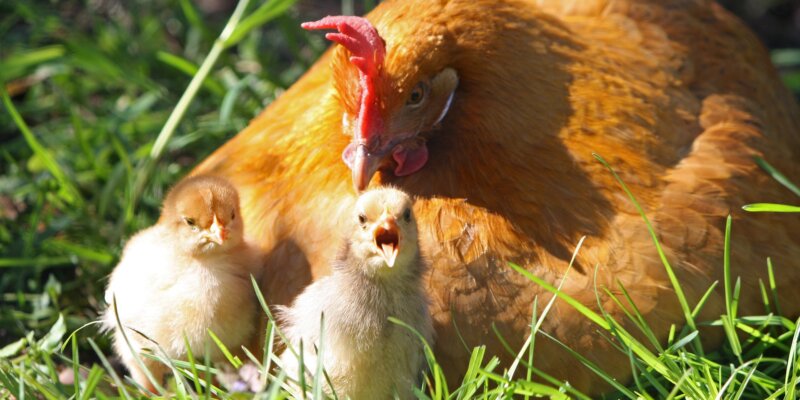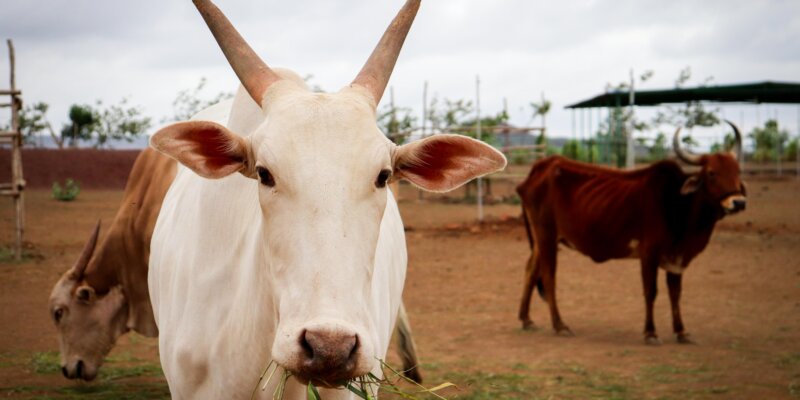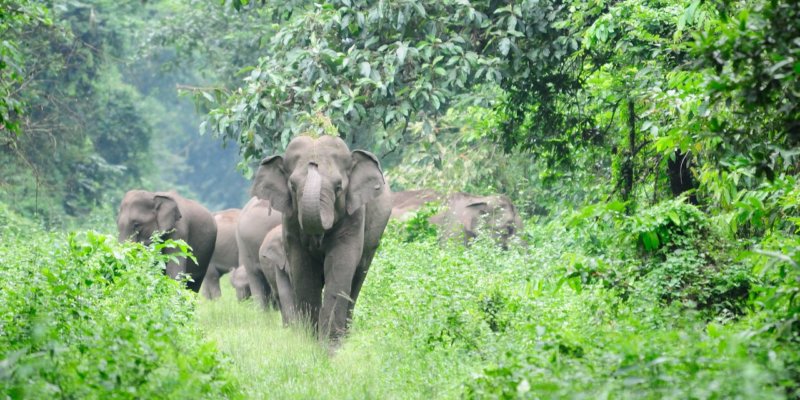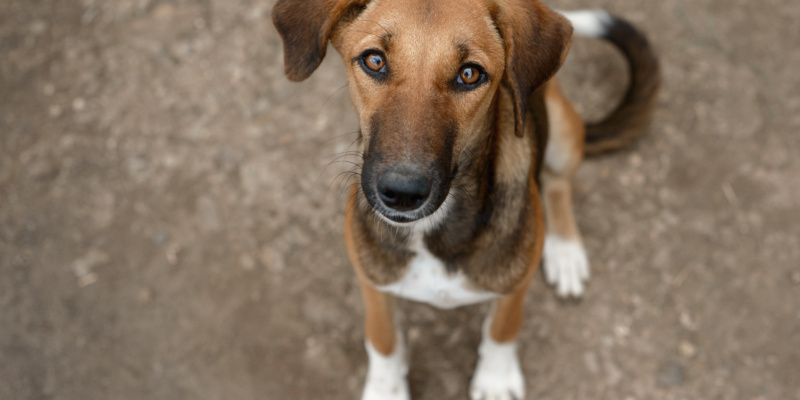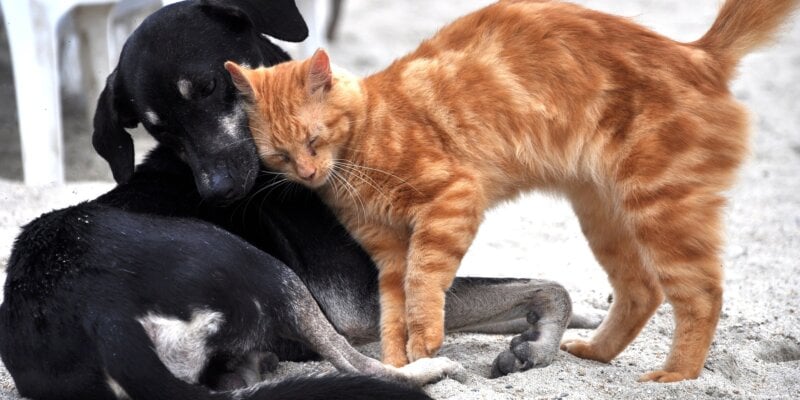Delhi Issues Circular Against Confining Mother Pigs to Crates, Following PETA India Appeal
For Immediate Release:
22 June 2022
Contact:
Hiraj Laljani; [email protected]
Farhat Ul Ain; [email protected]
New Delhi – Following an appeal from People for the Ethical Treatment of Animals (PETA) India to prohibit the use of gestation and farrowing crates in pig farming, the Delhi government’s director of animal husbandry, has issued a circular instructing all the deputy directors, district animal husbandry officers, and veterinary officers of the animal husbandry unit to inspect piggeries in their jurisdictions and to ensure that all use of gestation and farrowing crates is ended and prohibited.
The circular directs taking penal action under Section 11(1)(e) of The Prevention of Cruelty to Animals Act, 1960, which prohibits keeping any animal in an enclosure that does not offer a reasonable opportunity for movement, such as these crates, against any farm or farmer using them. Confining animals in this way is illegal is a position confirmed by the Indian Council of Agricultural Research’s National Research Centre on Pig. Circulars prohibiting the use of gestation and farrowing crates or requiring the enforcement of this law have also been issued by the governments of Goa, Himachal Pradesh, Karnataka, Madhya Pradesh, and Rajasthan following PETA India’s appeal. A similar circular was previously issued by the Punjab government.
The copy of the circular issued by the Delhi government is available upon request.
Gestation crates (aka “sow stalls”) are metal cages essentially the size of a pig, with concrete or slatted floors, that leave the animals unable to turn around or even stand up without difficulty. They’re used to confine pregnant pigs, who are typically transferred to farrowing crates to give birth and are kept in them until their piglets are taken away. Farrowing crates are fundamentally the same as gestation crates, except that they contain small side compartments for piglets.
“PETA India applauds the Delhi government for taking this step, which could spare countless pigs severe confinement in crates,” says PETA India Advocacy Associate Farhat Ul Ain. “In their natural surroundings, pigs are social, playful, protective animals who bond with their babies, so being held captive in these restrictive crates causes them immeasurable suffering. Pigs are also transported in extremely crowded vehicles to slaughterhouses, where they’re killed by being stabbed in the chest, often after being struck on the head with a hammer. PETA India reminds everyone that they can help prevent the suffering of pigs and other animals simply by not eating them, as the use of these crates is just one heinous practice of the meat industry.”
Gestation and farrowing crates deny mother pigs everything that’s natural and important to them, such as opportunities to forage, build a nest for their young, socialise with other pigs, and regulate their body temperature (such as by wallowing in mud). The crates also force pigs to live amid their own faeces and urine. The extreme stress and frustration caused by this severe confinement results in abnormal behaviour, such as continually biting at the enclosure bars or “chewing” the air.
PETA India – whose motto reads, in part, that “animals are not ours to abuse in any way” – notes that pigs are intelligent, social animals who should not be exploited. For more information, please visit PETAIndia.com or follow the group on Twitter, Facebook, or Instagram.
#





